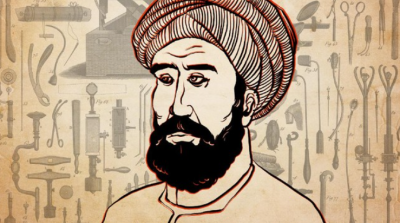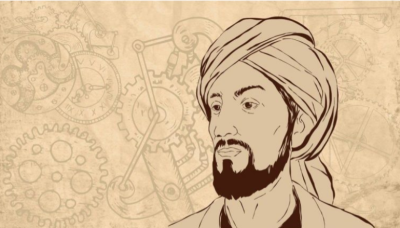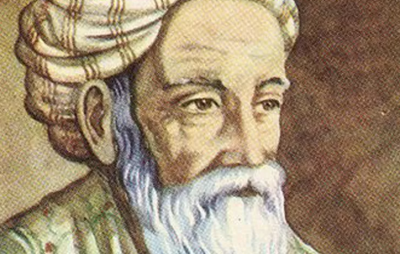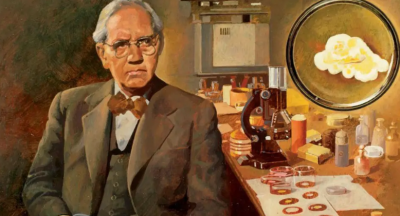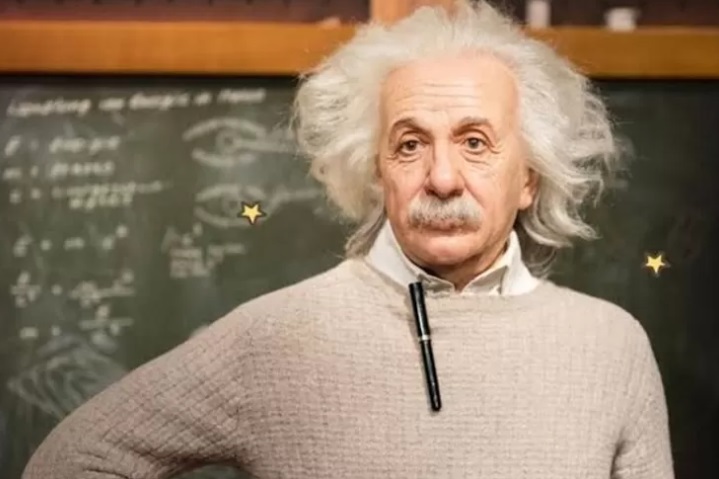
The Story of Albert Einstein
- account_circle admin
- calendar_month 20/03/2025
- visibility 174
- comment 0 komentar
- label Scientists Speaking
The Story of Albert Einstein
A long time ago, in the year 1879, a boy named Albert Einstein was born in Germany. He was a quiet child who did not speak much at first. His parents even worried that he might have trouble learning. But little did they know, their son would grow up to become one of the greatest scientists in history.
Albert’s Childhood
When Albert was a young boy, he was very curious about the world. He loved asking questions and thinking deeply about things. One day, his father gave him a small compass. Albert was fascinated by it. He wondered why the needle always pointed in the same direction, even when he moved the compass. He wanted to understand the invisible force that made it work. This curiosity stayed with him for his whole life.
Albert was not the best student in school. He did not like following strict rules and often found the lessons boring. However, he loved mathematics and science. He enjoyed solving difficult problems and thinking about the mysteries of the universe.
Young Einstein’s Education
When Albert grew older, he wanted to study physics. He applied to the Swiss Federal Polytechnic in Zurich. At first, he failed the entrance exam, but he did not give up. He studied harder and passed the second time. While in university, he continued to think about space, time, and energy.
After finishing his studies, Albert could not find a teaching job. Instead, he worked at a patent office, where he checked new inventions. Even though this was not his dream job, it gave him time to think about science. He spent his free time writing papers about physics.
The Miracle Year – 1905
In 1905, something amazing happened. Albert Einstein wrote four important scientific papers in one year. This year is called the “miracle year” in science. One of these papers introduced the most famous equation in the world: E = mc². This equation showed that energy and mass are connected. It helped scientists understand how the universe works.
Another one of his papers explained the theory of relativity. This idea changed the way people thought about time and space. He showed that time can slow down and space can stretch. These ideas were so new and different that many people did not understand them at first. But later, scientists realized that Einstein was right.
Einstein’s Fame and Discoveries
Einstein’s ideas were not just theories. In 1919, a group of scientists proved that gravity could bend light, just as Einstein had predicted. This made him famous all over the world. People started calling him a genius.
In 1921, he won the Nobel Prize in Physics for his work on the photoelectric effect. This discovery helped develop modern technology, including solar panels. Einstein continued working on scientific problems and sharing his ideas with other scientists.
A Time of War and Change
During the 1930s, a terrible event was happening in Germany. A group called the Nazis took control of the country. They did not like Jewish people, and Einstein, who was Jewish, had to leave Germany. He moved to the United States and started working at Princeton University.
In 1939, scientists discovered that Einstein’s equation, E = mc², could be used to create a powerful bomb. Einstein and other scientists warned the U.S. government that Germany might build such a bomb first. This led to the development of the atomic bomb during World War II. However, Einstein did not work on the bomb, and later, he spoke against using nuclear weapons. He wanted peace in the world and believed that science should help people, not harm them.
Einstein’s Later Life
Even as he got older, Einstein never stopped thinking and asking big questions. He continued to work on scientific theories and wrote letters to world leaders about peace. He believed that knowledge and kindness could make the world a better place.
Albert Einstein became one of the most respected scientists in history. People loved his intelligence and his sense of humor. He had wild, messy hair and a friendly smile. He once said, “Imagination is more important than knowledge.” He believed that creativity and curiosity were the keys to learning and discovery.
The Legacy of Albert Einstein
Albert Einstein passed away in 1955 at the age of 76. But his ideas live on. His discoveries changed the world of science, helping us understand the universe better. Today, scientists still use his work in space travel, technology, and physics.
Because of Einstein, we understand time, space, and energy in new ways. His discoveries led to the development of many things, including GPS, lasers, and even theories about black holes. Without Einstein, science would not be the same.
Albert Einstein’s story teaches us that being curious and asking questions can change the world. He showed that hard work and imagination can lead to great discoveries. Who knows? Maybe the next great scientist is sitting in a classroom right now, wondering about the mysteries of the universe!

